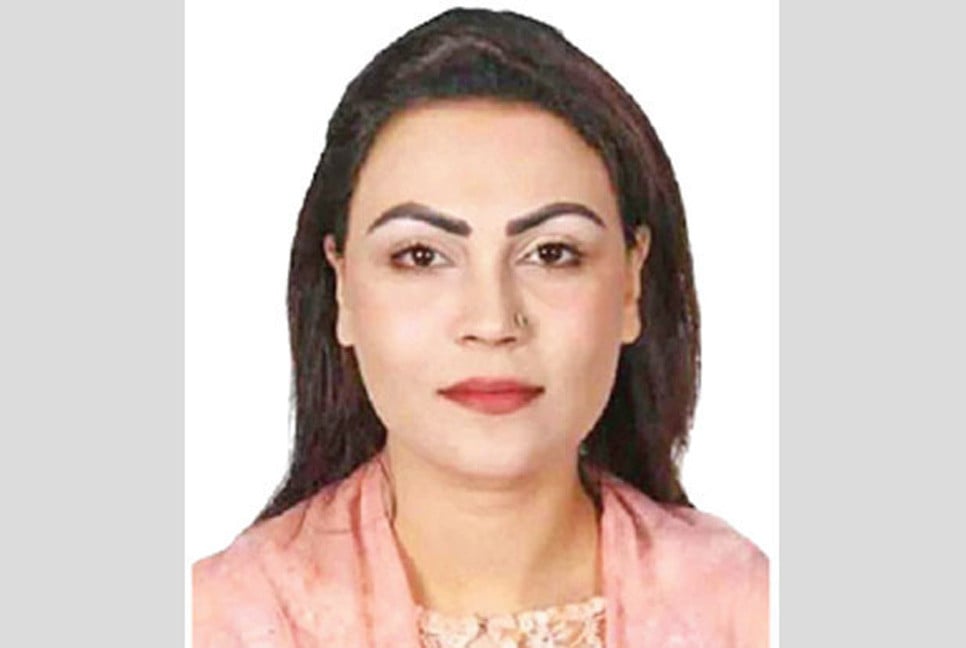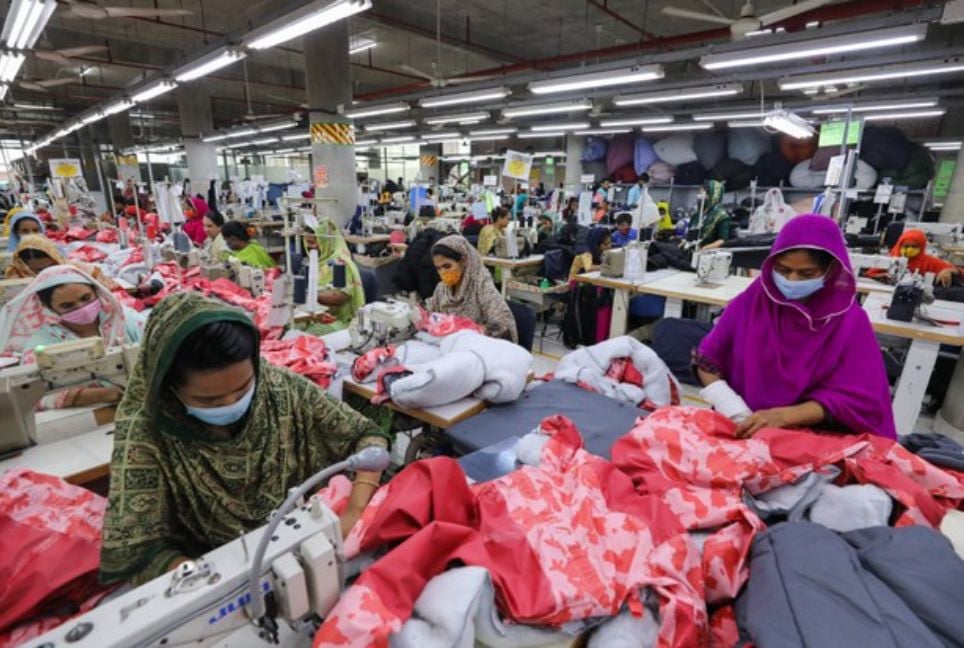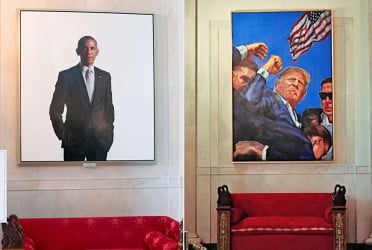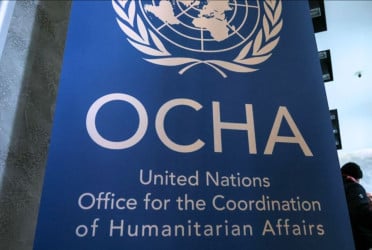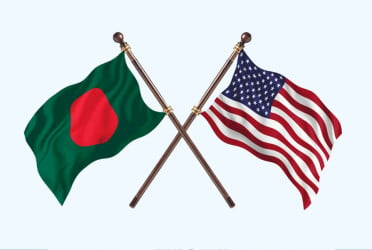The country's pharmaceutical sector, which is among the largest in South Asia is doing unethical marketing practices. The industry spends an estimated 6,000 crore taka annually on incentives for doctors, medical representatives, and other sectors related to drug promotion, raising questions about the integrity of the nation’s healthcare system.
Despite the enormous sums allocated for these marketing activities, pharmaceutical companies do not advertise the quality or effectiveness of their products to the public. As a result, many consumers are left in the dark about the medications they are purchasing. Without clear information on the safety or efficacy of medicines, patients often rely on doctors who are reportedly influenced by the pharmaceutical industry. Experts warn this reliance can lead to patients being prescribed unnecessary or even harmful medications.
The industry's extensive influence on medical professionals has raised alarms, with accusations that doctors are being swayed by lavish gifts—such as refrigerators, cars, foreign trips, and cash—offered by drug companies. This has resulted in doctors over-prescribing medications, contributing to unethical profits for pharmaceutical companies, while patients bear the brunt of these practices.
The government regulatory body, the Drug Administration, has a legal obligation to advertise the pharmaceutical industry in the country. No company can inform the public about its new drugs or medical products by advertising in the media. Experts have urged Bangladeshi pharmaceutical companies, which are famous in the global market, to play a role in public awareness by advertising in newspapers. In this regard, they have asked the Directorate of Drug Administration to amend the rules and allow pharmaceutical companies to advertise.
Due to the aggressive commercial activities of pharmaceutical companies, a professional class of millions of people called ‘medical representatives’ has emerged in the country. Due to their activities, substandard and unnecessary medicines find a place in the prescriptions of patients. 58 percent of the employees of pharmaceutical manufacturing companies work in the marketing and distribution of medicines. More than 29 percent of the income of the companies is spent on this large number of employees.
Professor ABM Faruk, former Dean of the Faculty of Pharmacy at Dhaka University said, “Drug companies target senior doctors and give them gifts and gratuities. Junior doctors also started taking bribes after them. In return, doctors prescribe more medicines from that company in patients' prescriptions, whether necessary or unnecessary. Company people monitor doctors; they take pictures of the prescriptions and send them to higher authorities. Drug companies collect the bribe money and increase the price of the medicines.”
“Due to lack of awareness, they buy and consume whatever the doctor prescribes as useless medicines. This excess can be easily avoided if there is minimal awareness about medicines,” he said.
In a recent research report on the pharmaceutical industry in Bangladesh, the Bangladesh Institute of Development Studies (BIDS) said that companies are spending more than 29 percent of their turnover on marketing medicines in the country. The size of the medicine market in the country has already exceeded Tk 20,500 crore. Accordingly, pharmaceutical companies are spending more than Tk 6,000 crore annually on marketing alone. But this marketing process is very opaque. Pharmaceutical companies mainly spend most of this Tk 6,000 crore as gifts to doctors.
Due to this, a new professional class called Medical Representatives (MR) has emerged in the country over the past three to four decades. These representatives regularly gather at the gates of hospitals and in front of the doctors' chambers. By influencing doctors, they write their company's medicines in the patient's prescriptions. In return, the doctors receive various benefits from the pharmaceutical companies.
Many doctors are acting now as the advertisers for pharmaceutical companies. As a result, medicine buyers are unable to know the quality and effectiveness of the medicines. Even medicines from relatively low-quality companies are finding a 'market' through these marketing strategies.
Entrepreneurs in the pharmaceutical industry said that they are adopting this strategy because there are restrictions on advertising medicines in the media. Because advertising medicines in the media without the approval of the authorities is a punishable offense under the Drug Control Ordinance of 1982. In this situation, the question arises as to where and how this huge amount of money is spent on medicine advertising.
Those concerned said that pharmaceutical companies spend thousands of crores of taka to keep doctors happy. This process has now become an open secret. Basically, the pharmaceutical companies deliver the gifts to the doctors' homes through the medical representatives (MRs) appointed by the company.
Experts said that while most countries around the world have regulations governing drug marketing, they are not being followed in South Asia, especially India and Bangladesh. Unethical practices such as doctors traveling abroad or accepting gifts from pharmaceutical companies are not being monitored.
Professor Dr Syed Abdul Hamid of the Institute of Health Economics, University of Dhaka said, “We need to bring doctors under control. Most of them have now become corrupt. They come to the chamber and get money with no effort, it feels good. By taking it like this, their place has become corrupt. Therefore, their income should be taken into account. The price of medicines is increasing due to unethical gifts from doctors.”
On the other hand, less effective, more harmful, more side-effect drugs are entering the patient's body. This can cause permanent damage to any part of the patient's body. Various organs including the kidneys can be damaged. Although the 1982 Drug Policy mentioned stopping unethical marketing, it has not stopped. In addition, the system of advertising the quality and effectiveness of drugs in newspapers has been stopped. As a result, patients are not able to know anything about drugs due to lack of information.
Meanwhile, the lack of experts in the drug regulatory agency, the Department of Drug Administration, can be a major disaster for public health. It is very risky to operate without experts in an important institution like the Drug Administration. This is the opportunity that drug companies are taking.
Professor ABM Faruk said that the influence of pharmaceutical companies is so great that they get approval for medicines without proper testing. According to him, clinical trials of drugs are not conducted properly in Bangladesh, which makes it impossible to properly evaluate dangerous drugs.
He said that the main goal of pharmaceutical companies is to make profit, so they ignore the public health aspect.
Experts said that unethical business with the precious life and health of people must be stopped. The quality and effectiveness of the medicines they produce must be transparently publicized in the media. People should be able to take the necessary medicines knowingly and through their own intelligence and analysis.
(Translated by Tanvir Raihan)


